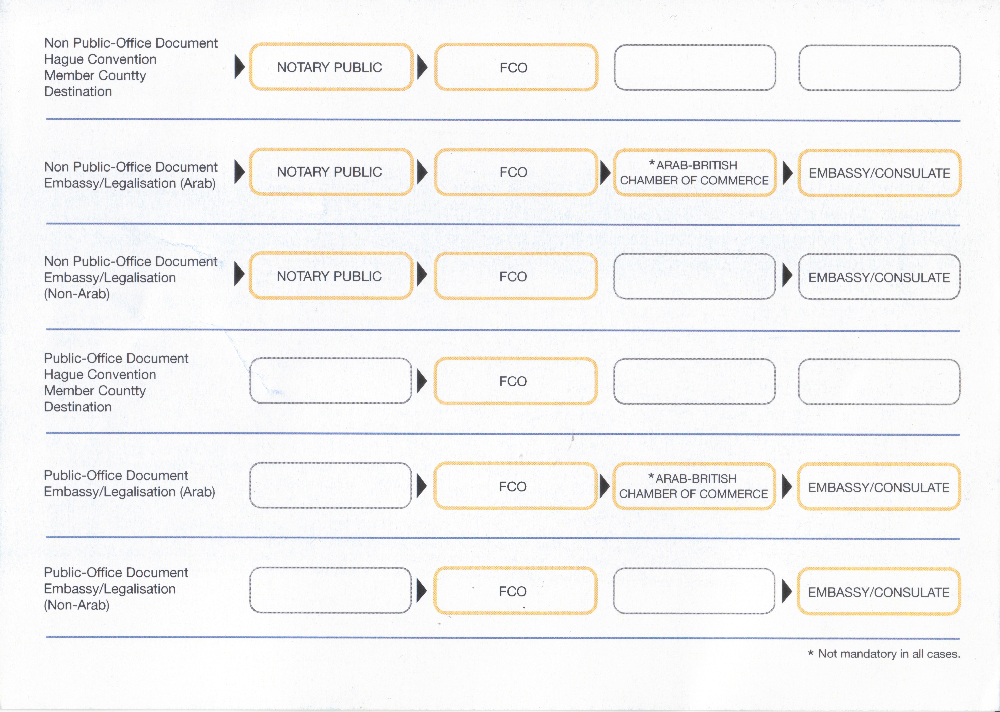
Nigel Pugh’s stamp seal
A History of Notaries
Until 1533 Notaries were appointed by the Archbishop of Canterbury on the authority of the Pope. Following the church’s break from Rome at the time of Henry VIII, appointments continued to be made by the Archbishop of Canterbury – but on the authority of the Crown.
The Archbishop’s jurisdiction was, and is, exercised through one of the oldest of the English courts – the Court of Faculties in London. The Court is presided over by the Master of the Faculties who is the most senior ecclesiastical judge and commonly also a judge of the Supreme Court. Since 1801 the way notaries are appointed and regulated has been confirmed by statutes enacted by Parliament.
Until the eighteenth century, Notaries would authenticate their acts with an individual sign. The use of seals to authenticate ‘deeds’ became the normal way of establishing their validity in the courts so gradually, Notaries adopted seals in substitution for their signs. By the nineteenth century, it had become established that any notarial act should be attested by a notary’s signature supported by his individual seal. All Notaries Public now have such a distinctive seal – often illustrated with professional or historical signs.
Foreign & Commonwealth Office (FCO) Legalisation Service
The Legalisation process carried out by the FCO is the official confirmation that the signature, seal or stamp appearing on the document is genuine. The process of legalisation by the FCO does not confirm that the contents of the document are accurate and it does not carry any sort of official approval by the FCO.
Most English documents intended to be used overseas need to be legalised by the FCO. In order to carry out this process, the signature, seal or stamp will need to be checked against the database held by the FCO.
As confirmation that the document has been correctly signed, sealed or stamped, an Apostille (the legal term for a legalisation certificate) is attached to the document as proof that it is genuine.
The document may need further legal processing by the respective Embassy or Consulate of the country in which it will be used, dependent the laws of that country. Where a country is a signatory to the Hague Convention 1965, further legalisation of the document by the respective Embassy or High Commission is not necessary.
There are however some countries, particularly in the Middle East (and occasionally India) that require a consular stamp as well as an Apostille.
Notary Terminology
Notarisation
The process that a Notary performs to authenticate the signature or authenticity of a particular document or the certification of copy documents as true copies of the originals.
Foreign & Commonwealth Office (FCO) Legalisation
The process whereby the FCO authenticates the signature on a document.
Legalisation is a term often used to refer to the process performed by an Embassy, Consulate or Diplomatic Mission.
Apostille
This is an A5 sized stamp affixed to a document by the FCO. The terms of the Apostille only apply to countries that are members of The Hague Convention. Where a country is not a member, the stamp affixed is simply a mark of the FCO and referred to as an FCO Legalisation Stamp.
Certification
Some Embassies/Consulates insist on a document bearing the certifying stamp and signature of a Chamber of Commerce prior to accepting the document for processing. The process that a Chamber of Commerce performs is referred to as Certification.
The flow chart below clarifies the procedure.


